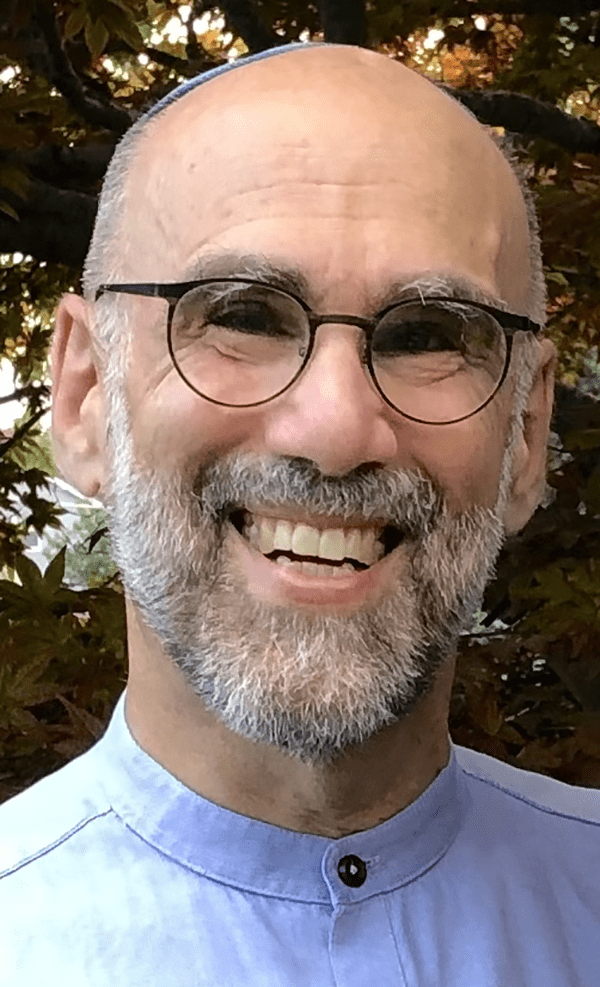Makin’ Matza!
My recent posts...
Selling Chametz
Even if you don’t keep a kosher kitchen, and/or you don’t “convert” your kitchen for Pesach, there is still spiritual value in selling your chametz: You are engaging with myriad Jews worldwide in a practice that can be traced back to Torah and, if you include a donations to “ma’ot chitin,” you are enabling those in need to more fully celebrate Pesach.
A Few Things About Pesach (With lots of links)
There is a wealth of information about Pesach (and the challenges of this year) at Exploring Judaism.org.
Omer 5785
My recent posts...
Here to Listen and to Help
Humanity disperses, then coalesces into language-identified communities, at least until each learns another’s language.
We Jews (of Ashkenazi heritage) speak the same Jewish language. Yes, some of us are more fluent or comfortable than are others with the Hebrew of prayer or Torah. Some are more adept with the rituals such as those that — POOF! — “create” Shabbat in our homes. Some of us have read more (or remember more of what they’ve read) on Jewish topics or on topics that interest Jews.
Our views on Judaism — or on politics or anything else — may differ. Yet, we speak the same language. In that Jewish language of Yiddishisms and understandings, of particular recipes and references, we maintain connection to one another, to our shared culture, to our past, and, we hope, our future.
I am here to help with that language. Not just with “Rabbi questions” or with disposing of no-longer-usable sacred items.
I am here to help put in Jewish context the joys or the sorrows you might be experiencing. Where there’s a celebration, there are rituals, and there’s usually a blessing to recite. And there are ways to share your rejoicing with our community.
When there’s a sorrow, there are rituals, and there’s usually a blessing to recite. And there are ways to share your sadness with our community.
Judaism offers a language and structure that can enrich our lives. We live by the lunar calendar that offers opportunities to connect with our history, our spirituality, our ways of worshiping, our common language. We are strengthened by our community when we participate in and/or allow that community to embrace us in joy or in sorrow.
All we ask is that you notify us: New baby? Engagement? Wedding? Death in the family? Suddenly changed circumstances?
I, and the other clergy of Shirat Hayam, speak the language, and we are here to listen and to help.
Shabbat shalom ! שבת שלום


